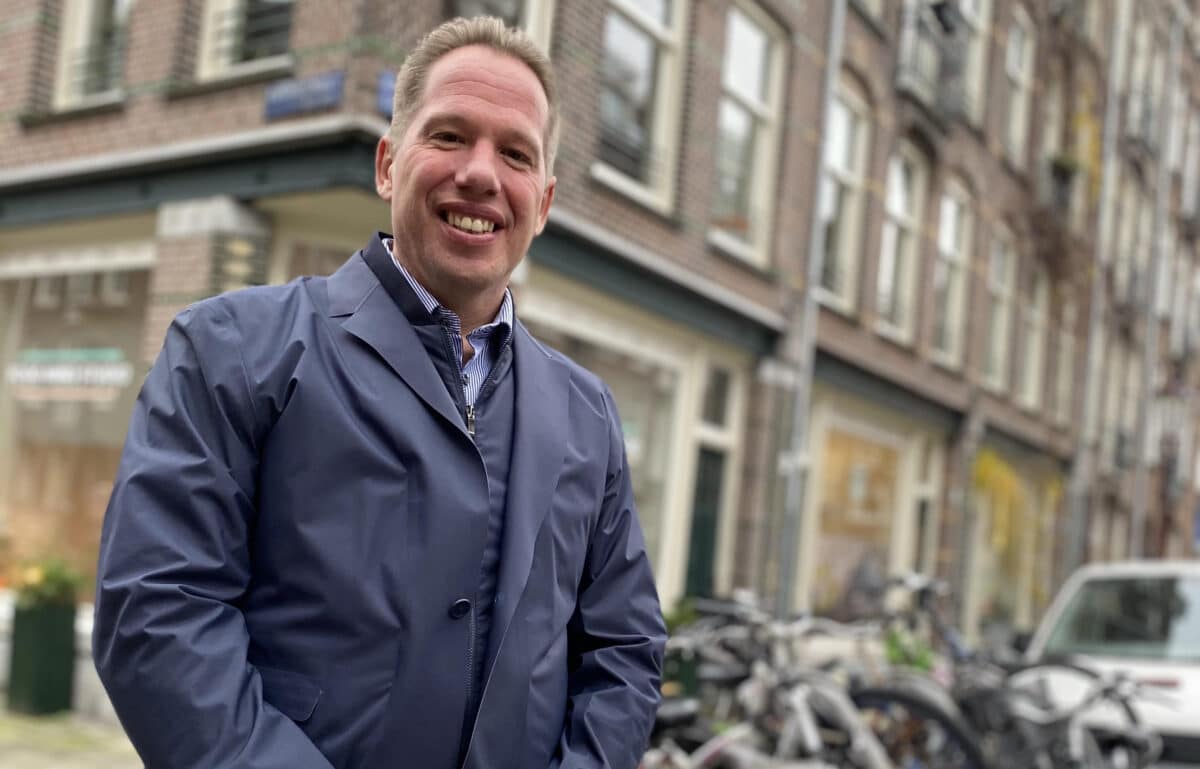Looking for a home in the Netherlands can be something of a challenge, especially when unique rules and regulations may pose unfamiliar obstacles during your search. Approximately 30% of homes in Amsterdam are privately owned as there is a natural shortage due to regulations, rapid population growth, and the economy. When it comes to finding the perfect home for expats, Barry Burgemeester has had over 23 years of experience in the market. From your first steps to closing the deal, Barry will be by your side every step of the journey.
 Finding the Perfect Match
Finding the Perfect Match
While finding your dream house is an exciting prospect, it can also be an overwhelming one. Choosing the place you call ‘home’ is an art in itself, especially when moving to a new country. As an expat, you need to be reassured that you’re in good hands and that the right real estate agent will help you when the time comes to close the deal. Navigating Amsterdam’s unique infrastructure and unusual regulations combined with adjusting to a new culture can be quite daunting. Don’t know where to start? Well, Burgemeester Vastgoed is here to help!
How Barry Burgemeester Can Help
Barry Burgemeester is a Dutch native living in Amsterdam. Originally hailing from Utrecht, he has worked for over 23 years in real estate in the Netherlands and his extensive knowledge of the area is uncontested! Barry’s background and expertise is invaluable to our expat clients. His wealth of experience within the Dutch market guarantees that he will be able to predict any potential issues or concerns you may have when introduced to this unfamiliar territory.
What is ‘Leasehold Ground,’ and how might it affect your decision?
So, when it comes to actually living in Amsterdam, what do you need to know before making that all-important purchase? For a start, Amsterdam is unique in that more than 80% of houses are built on leasehold ground. This means that the person buying a building or apartment does not buy the ground on which the building stands.
Making Changes Within the Canal Ring
Something else to consider when buying a property in Amsterdam is that the canal ring was added to UNESCO’s World Heritage List in 2010. Used as a prime example of town planning that influenced the world for centuries, some restrictions were placed on the buildings to preserve their original structures.
Before closing a deal on a property, if you plan on making any changes to the building in the future these restrictions need to be considered; often, it is not possible to make any changes at all. If changes are allowed, a permit must be approved prior to the alterations. For example, if you’d like to add a rooftop terrace, balcony, or make any changes to a building, you must have a permit known as an integrated environmental permit (omgevingsvergunning). This permit is often required before you can make changes to the outside of the building, too. Handling these unique challenges can be tricky, however, Barry will be able to guide you every step of the way so you can make a confident and informed decision when it comes to purchasing your home.
We’re here to help!
Considering Amsterdam’s market is so unusual, we understand that trying to find the perfect fit can be quite challenging. Barry has had years of experience in helping expats to secure their dream home. If you’re currently in the process of looking for a house in the Netherlands, we would love to have a chat – no strings attached! To get in touch, email info@burgemeestervastgoed.nl or visit our website at www.burgemeestervastgoed.nl/contact.


